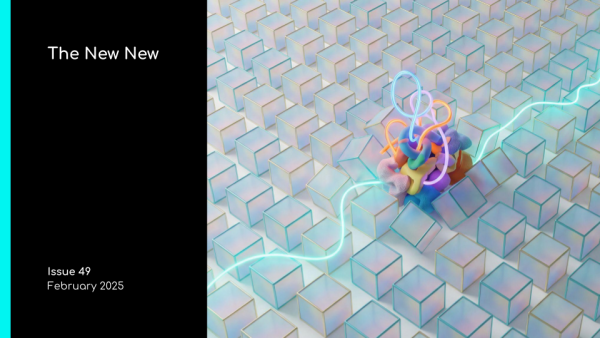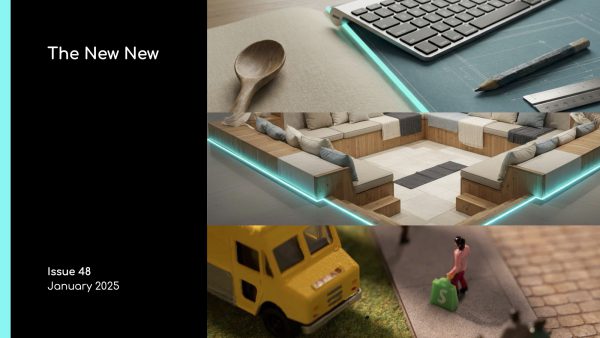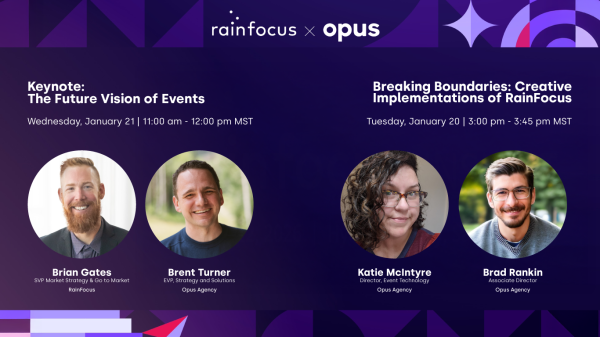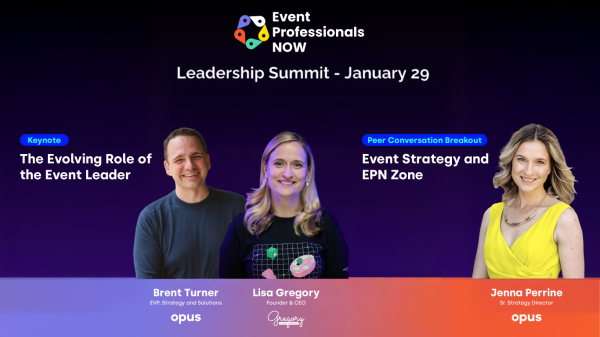The Symbolic Economy
The economy now runs on narratives and symbolic value as much as supply and demand. Bible sales surged 22% last year. People wear brand logos like team jerseys. In a monoculture world, we’re buying proof of identity.
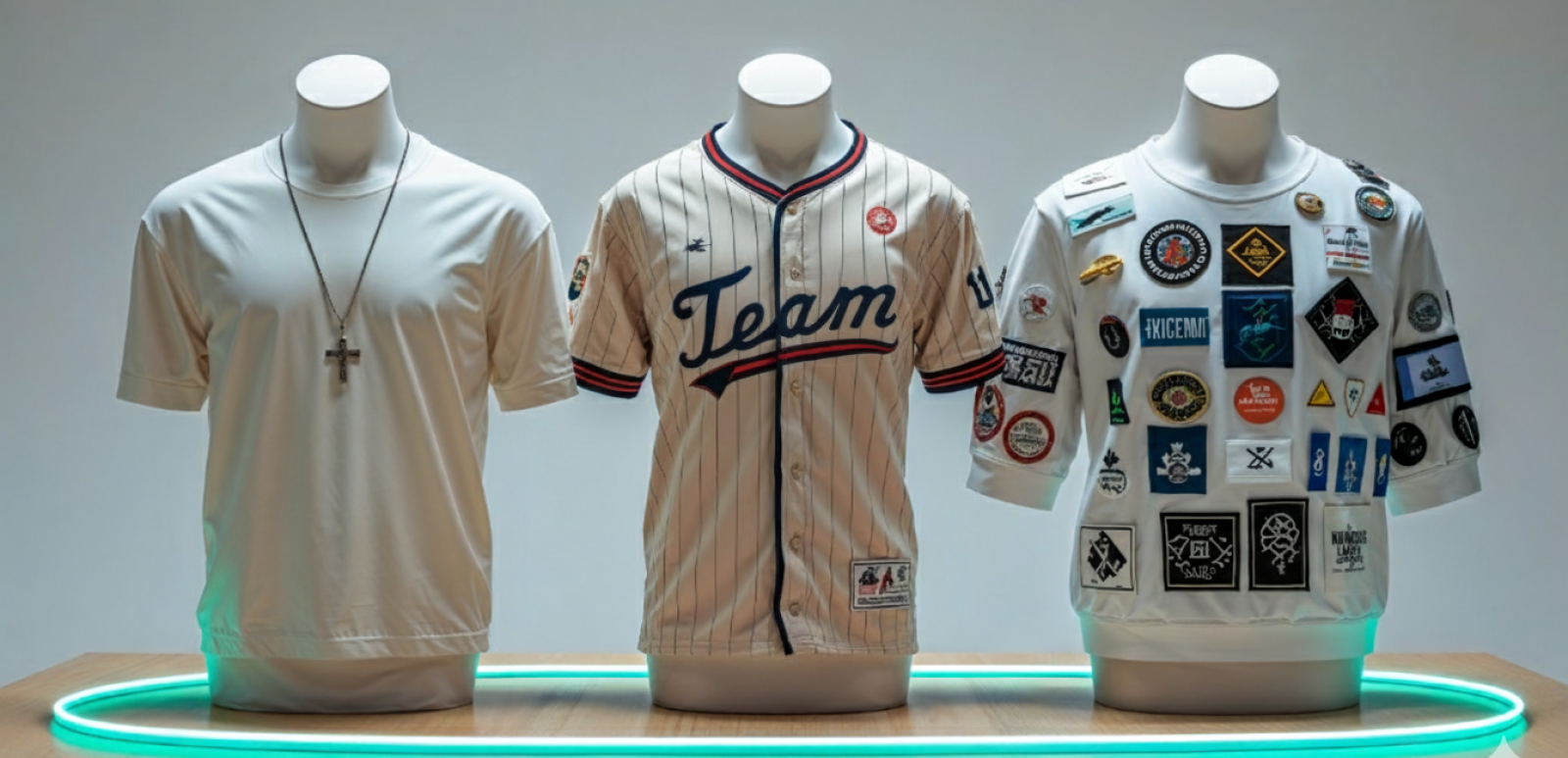
For most of human history, identity was local. Your village determined your world. Your guild shaped your craft. Your church or temple anchored your beliefs. The clothes you wore, the food you ate, the rituals you kept. All of it visible, tangible, daily. All of it said: this is who I am, this is where I belong.
Then, identity scaled.
Cities grew. Regions formed. New markers emerged: the newspaper you carried on the morning train, the sports team whose colors you wore on Saturdays, the political party whose rallies you attended. Still local enough to see and touch, but bigger. More connected. More chosen.
Now we live in something else entirely. A globally connected world where geography no longer dictates culture. We stream the same shows. Scroll the same feeds. Shop from the same platforms. The rise of global monoculture has flattened the distance between us, making the world feel both infinitely large and strangely uniform.
The need for identity remains. The anchors have moved.
The Signal in the Sales
Bible sales are surging in the United States. In 2024, sales jumped nearly 22 percent, marking one of the strongest years for scripture purchases in recent memory.
At the same time, Chipotle Mexican Grill continues to resonate culturally. The brand has become shorthand for a specific kind of consumer: someone who cares about ingredients, values transparency, and wants their burrito to signal something about who they are.
In her piece “How Bible Sales and Chipotle Explain the Economy,” Kyla Scanlon argues that these two data points reveal something essential about how the economy now works. Supply and demand no longer tell the full story. What matters now are signals, narratives, and beliefs. She calls it the “casino economy,” a system where vibes matter as much as fundamentals, where the framing of a product matters more than the product itself.
Scanlon is onto something: We are seeing a shift that goes deeper than economics.
What Bible sales and Chipotle reveal goes beyond market mechanics. In a globally connected, culturally flattened environment, people are adapting. They buy proof of who they are.
How the Symbolic Economy Works
This is identity as transaction.
When someone buys a Bible in 2025, the purchase extends beyond scripture. The transaction affirms a set of values, aligns with a tradition, and makes visible what someone stands for in an era of uncertainty. When someone orders from Chipotle instead of a dozen other burrito options, the choice signals transparent supply chains, customizable bowls, and a brand that positions itself as aligned with personal values.
These transactions carry meaning that extends far beyond utility.
Look around. People wearing custom-tailored suits covered in Salesforce logos at conferences. Collectors lining up for limited-edition sneakers they will never wear. Communities are forming around specific creators, brands, or products with the same intensity once reserved for churches and civic groups.
Consumption has become identity performance. In a world where everyone has access to the same content and products, what you choose to buy becomes one of the few ways left to differentiate yourself.
This is the symbolic economy.
Brands as the New Moral Authorities
Bible sales and Chipotle trends matter because both fill a gap left by the erosion of traditional institutions.
Fewer people seek guidance from press, priests, and politicians.
Study after study shows that trust in traditional institutions is declining, while expectations for brands to act as moral authorities are rising. People now expect companies to take a stand on social issues, align with their values, and be transparent about their impact on the world.
In “When Exclusivity Scales,” we examined how brands are leveraging scarcity as a strategic tool, limiting access and creating moments that feel rare. But scarcity alone no longer suffices. What people want now goes deeper: they want to feel like stakeholders, not just customers. They want brands that see them, hear them, and reflect their values back to them.
People want to invest in brands emotionally, socially, and financially. They want to be part of something that aligns with who they are and who they want to become.
Brands respond by becoming the new anchors. The institutions we once turned to for meaning, belonging, and moral clarity are being replaced not by new religions or civic groups, but by the companies whose products we buy, whose logos we wear, and whose stories we tell ourselves.
Engineering Symbolic Value
If consumption has become a form of identity performance, then the brands that win will be the ones that engineer symbolic value, not just utility.
This is where “Designing for Effort” becomes relevant.
In a world of seamless transactions and instant gratification, friction can become a valuable feature when intentionally designed. The effort required to participate signals authenticity. The depth of engagement reinforces identity.
Think about the rituals people create around their favorite brands. Unboxing videos. Loyalty programs. Collector communities. Exclusive drops. These go beyond marketing tactics. They are identity-reinforcement mechanisms. They give people something to do, something to show, something to belong to.
The brands that understand this are designing experiences that go beyond the product. They create badges that people can wear, stories that people can tell, and communities that people can join. They sell proof of self.
This makes the symbolic economy different from previous models of consumption. Owning more matters less than aligning with meaning.
What This Means for What Comes Next
As global monoculture deepens, this pattern will intensify.
The brands that help people feel distinct within a sea of sameness will dominate.
The brands that engineer belonging, reinforce identity, and treat customers as stakeholders will become the new infrastructure for how we understand ourselves.
Scanlon is right that the economy now moves like a casino, driven by vibes, narratives, and belief — and, beneath that observation, sits something more fundamental. We are placing bets on ourselves.
And the brands that help us make those bets, that give us the symbols and stories to prove who we are, will shape the next era of commerce, culture, and connection.
In a world where everything is available to everyone, identity is the scarcest resource.
We are now watching identity itself get rebuilt, one purchase at a time.

